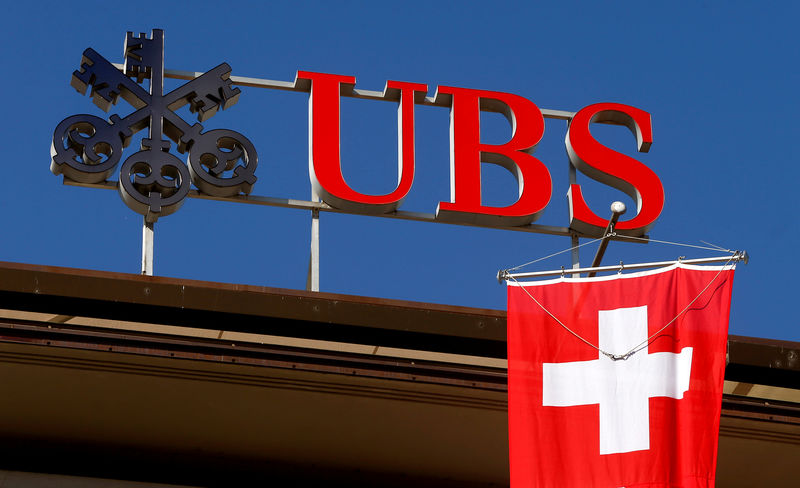Investing.com - In a transformative move for the banking industry, UBS Group AG (NYSE:UBS) has successfully acquired its struggling competitor Credit Suisse (SIX:CSGN) Group (NYSE:CS). The historic merger resulted in a powerful Swiss bank boasting a $1.6 trillion balance sheet and increased clout within the wealth management sector.
UBS CEO Sergio Ermotti and Chairman Colm Kelleher heralded this monumental event as "the beginning of an exciting new chapter," referencing that it is the largest banking deal since the global financial crisis of 2008. With control over $5 trillion in assets, this merger propels UBS to greater heights within key markets, bypassing years-long efforts required for organic growth. The acquisition also marks the end of Credit Suisse's storied 167-year run which had been marred by recent scandals and losses.
The combined workforce totals approximately 120,000 employees globally; however, job cuts are inevitable as synergies are leveraged to minimize costs.
As part of their integration strategy, UBS plans to implement strict restrictions on former Credit Suisse bankers to mitigate potential risks associated with their new partnership. Among these restrictions is a prohibition on acquiring clients from high-risk countries or engaging in complex financial product offerings without approval from top-level managers at UBS.
To further ensure compliance with these stringent guidelines - dubbed "red lines" - nearly two dozen risk-related prohibitions have been outlined for ex-Credit Suisse staff members during their transition into the newly formed entity. This includes avoiding dealings with certain Ukrainian politicians and state-owned enterprises due to money laundering concerns.
The primary goal behind these measures is to reduce the risk surrounding this significant transaction – one orchestrated by Swiss authorities three months prior to prevent Credit Suisse's collapse.
A recent agreement with the Swiss government guarantees UBS up to $10 billion in protection from potential losses incurred by the takeover. This financial support would be activated once UBS absorbs the initial $5 billion in losses, ultimately clearing a significant hurdle for this landmark acquisition.
As industry observers watch closely, it remains to be seen how this historic merger will reshape and redefine the world of banking moving forward.
Both UBS and Credit Suisse declined to comment on these new regulations. Meanwhile, Swiss parliamentarians voted on Thursday to establish a special parliamentary commission of inquiry into Credit Suisse's downfall.
